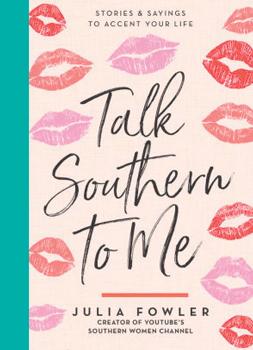 As a Tar Heel born and bred, all things North Carolina and most things Southern are the norm for me, so much so that I forget people in other places do not experience the world exactly the way we do. Poor babies!
As a Tar Heel born and bred, all things North Carolina and most things Southern are the norm for me, so much so that I forget people in other places do not experience the world exactly the way we do. Poor babies!
That truth was brought home to me yet again when one of the Dickson Precious Jewels took off to New York City for her college years, making friends with people from all over the world, including some Skinny-Minnie New York girls who had never heard of, much less tasted, pimento cheese. This Southern mother immediately set out to right that wrong, and the girls loved it so much, we transported containers of PC to the Big Apple since it is not a staple in NYC grocery coolers.
There is nothing like a Saturday morning fried egg sandwich with bacon, tomato, and pimento cheese on a toasted English muffin.
The South is known for its hospitality, which often includes foods like pimento cheese, gumbo, pecan pie, and barbeque with vinegar sauce, but our most enduring contribution to American culture may well be our colorful and unique way with the English language.
“Talk Southern to Me” by Julia Fowler found its way under my Christmas tree, and I have laughed and marveled while wallowing in its pages. Fowler recounts stories of our special brands of charm, family, love and marriage, parenthood and more.
Southerners are great storytellers and have plenty of them to pass along. The best part to me, though, is Fowler’s glossary of Southernisms — or as she expresses them, “stuff Southern folks say that needs interpreting.” Many of them have escaped my lips all my life, but I had no idea they are conspicuously Southern. I thought everyone used these expressions.
These include “billfold” (Americans elsewhere use the word wallet,) “pocketbook” (purse), “lightning bugs” (fireflies), “drop cord” (extension cord), “ear bob” (earring), “mash” (as in press the doorbell), “playing possum” (faking sleep), “rubbernecking” (staring at some sight), “sorry” (as in useless), “stomping ground” (home turf ), “tizzy” (uproar) and “wrecker” (tow truck.)
Others are so Southern even I recognize them for what they are — wonderfully inventive words and expressions to describe elements of everyday life. Julia Fowler lists pages of them, and here are some of my favorites.
“Directly” as in very soon. My beloved grandmother, Gobbie, was always doing things “directly.”
“Get-out,” a form of measurement. I love you more than all “get-out.”
“Forty eleven.” A large amount, as in I have “forty-eleven” emails waiting.
“Tight.” Thrifty, even cheap, as in he’s too “tight” to eat in restaurants. Can also mean having too much to drink, as in Joe is too “tight” to drive.
“Go whole hog.” Go all out, over the top. We are “going whole hog” for this family reunion.
“Hold the phone.” Calm down, chill out.
“Knee baby.” A toddler, as in I’ve known Buddy since he was a “knee baby.”
“Nekid as a jaybird.” Totally nude. My father used this term when the children were bathing.
“Carry.” Transport. I hope John will “carry” me to the doctor.
“People.” Family. Gobbie used to ask my friends “who are your people” to figure out — another Southernism — whether she knew them.
“Pure tee.” Real, genuine. That fellow is “pure-tee” mean.
“Slap.” Completely, as in worn “slap” out.
“Used to could.” Could do in the past. I “used to could” run a 4-minute mile.
“Weuns,” “Youins,” and “usins.” We all, you all and us all.
“No-count.” Substandard. This old car is “no-count.”
“Libala.” Likely, as in if I don’t write down your phone number, I’m “libala” to forget it.
Finally, my all-time favorite, which I have heard all my life and probably used myself.
“Jeet?” Have you eaten yet? As in “Jeet lunch?”
I wonder if I ever asked those Skinny-Minnie New York girls that question.